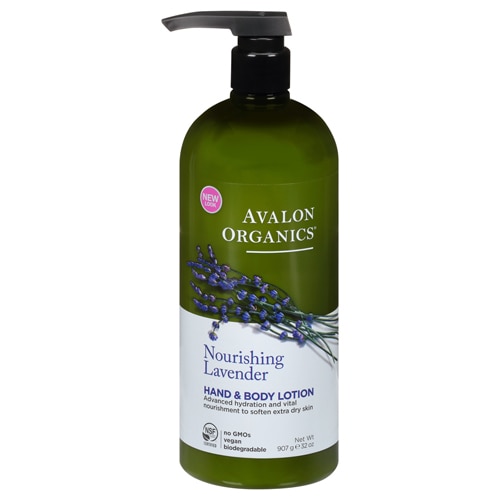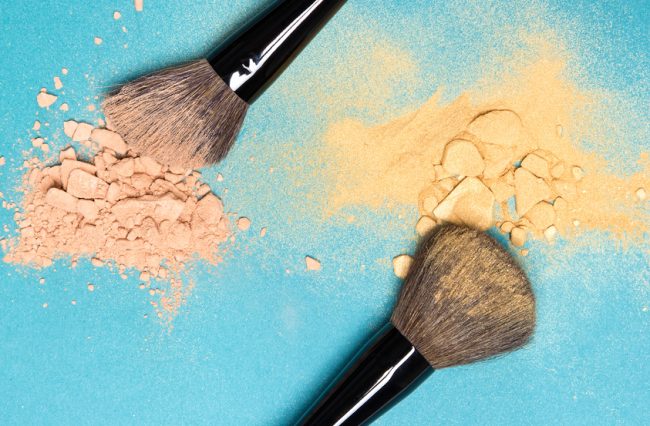In the eyes of many consumers, the acronym "GMO" is a four-letter word.
GMO stands for "genetically modified organism." GMOs include plants and other organisms whose genetic makeup has been modified to make them more resistant to herbicides or pests, or to boost their nutrient content.
Critics charge that products containing GMOs are unsafe, posing potential health risks to people who consume them.
Animal studies have linked consumption of GMOs with infertility, immune problems, asthma, intestinal damage and other issues, according to the American Academy of Environmental Medicine.
Many consumers apparently are worried. A 2015 study by Nielsen found that 43 percent of global respondents said buying foods that are GMO-free is a top priority.
But that is no easy task. Around 75 percent of processed foods contain GMOs, according to the Center for Food Safety. In addition, genetic modifications are present in:
- 92 percent of U.S. corn
- 94 percent of U.S. soybeans
- 94 percent of U.S. cotton
The role of GMOs in the food supply is well-known. But GMOs also can be found in the beauty and personal care products you use every day.
For example, canola oil – which typically contains GMOs – is used to make lauric acid, an ingredient found in moisturizers, creams and soaps.
Other cosmetic ingredients that may stem from GMOs include:
- Corn oil, which is found in products that claim to reduce wrinkles, and in skin moisturizers
- Soybean oil, which is common in anti-aging creams
- Proteins from yeast, which ae found in hair products, such as shampoos and conditioners
Avoiding cosmetics and personal care products with GMOs
It's important to note that while some experts fret over the use of GMOs, other organizations – including the Food and Drug Administration – have said the practice of combining the genes from the DNA of two species does not pose a health threat to consumers.
Some beauty and personal care products are regulated as "cosmetics" under the law, while others are not, says Marianna Baum, a spokeswoman for the FDA.
Under the Federal Food, Drug, and Cosmetic Act, cosmetic products and ingredients -- other than color additives -- do not need FDA approval before they go on the market, says Baum.
However, companies and individuals who manufacture or market cosmetics have a legal responsibility to ensure the safety of their products, she says. She adds that the FDA monitors cosmetics on the market.
"We do not have information indicating that cosmetics containing ingredients derived from GMOs pose a risk to consumers," she says.
Whatever the truth is about the health risks posed by product with GMOs, the proliferation of genetically engineered seeds and crops has left many consumers confused, says Nancy Knight, manager of Quality Assurance International, a division of NSF International that certifies products as organic.
"Consumers may not have the full knowledge or understanding of these technologies," she says.
So, how do you know if your beauty and personal-care products are GMO-free?
A growing number of personal care and cosmetic products now carry labels that certify them as being free of any genetically modified ingredients.
"Consumers who are looking to reduce their exposure to products containing these ingredients should look for reputable third-party certifications," Knight says.
Such certifications include the labels:
- USDA Organic
- Non-GMO Project Verified
- NSF True North Non-GMO Certification
That last certification comes from Knight's own organization. She says the NSF does not take a position on the safety of GMOs, but is committed to conducting an "impartial and independent certification process" that helps people purchase products that are GMO-free.
Many other cosmetic and personal care products might advertise themselves as "natural," or with a similar label. But Knight warns consumers not to be fooled.
"Be wary of non-GMO claims that lack certification," Knight says. If you want to be sure you are getting GMO-free products, look for a certification label.
"We apply professional, consistent and neutral assessments skills to verify Non-GMO claims," she says.





